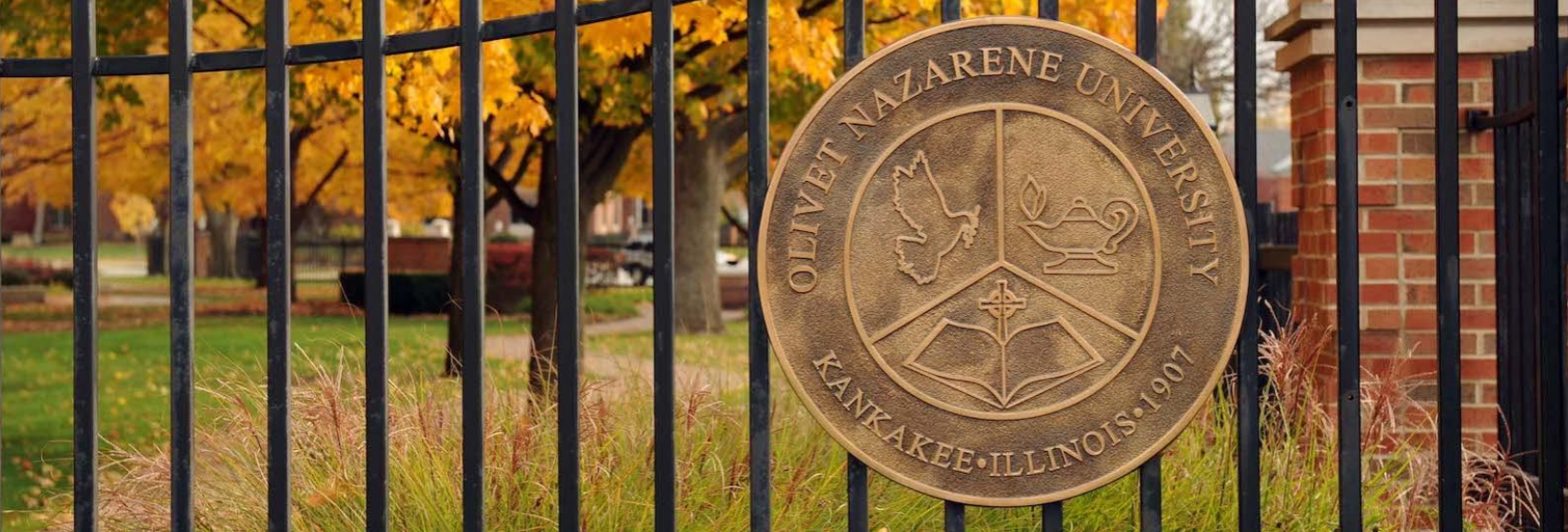Arab American Women and Higher Education: Perceived Barriers and Strategies to Overcome
Ed.D. dissertation completed in 2013 for Olivet Nazarene University.
Abstract
This study investigated the barriers to higher education for Arab American women who attained a higher education in order to assist and guide other women towards pursing their educational aspirations. A mixed method design was utilized to conduct this study. This study was divided into two phases. Phase one was a qualitative approach using a semi-structured interview with 10 Arab American women who did not pursue higher education to identify the perceived barriers. Phase two of the research combined a quantitative and a qualitative method targeting 33 Arab American women who sought higher education using semi-structured survey with a 5-point Likert scale and an open ended short answer. The results indicated that marriage, family, Arab culture, religion, finances, gender role and domestic chores were the primary barriers to higher education. Embracing the American culture, taking loans, staying positive, scheduling around family and school, maintain self-motivation, rejecting Arab culture and prioritizing time and chores were some of the steps taken to overcome the barriers.


